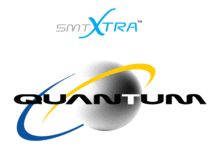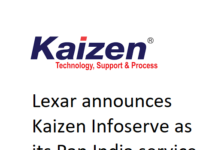
The Trump administration is taking its issue with trade out on several different Chinese entities. During the first week of October, the administration banned 28-Chinese individuals by issuing restrictions with their Visa’s. During the second week of October, the administration levied a ban on six Chinese companies that work on artificial intelligence. These companies are unable to work with US firms, accusing the companies of helping to violate the human rights of Muslims in China’s northwestern province of Xinjiang.
According to sources, four of the companies, SenseTime, Megvii, iFLYTEK, and Yitu, make software for facial recognition and voice transcription. The issue the administration has with these companies is that have been used in a campaign of repression. The other companies, Hikvision and Dahua Technology, make surveillance equipment such as cameras that incorporates artificial intelligence. This has also affected large online shares such as Alibaba, and Baidu.
The goal seems to be to hamper Chinese firms from making program in artificial intelligence which is part of a broader effort by the administration to hamper Chinese business. The expansion of the China’s tech industry has coincided, with a rise in popularity of artificial intelligence. The advancement in Chinese AI have broadened to areas such as facial and voice recognition. This has the potential to drive the tech industry in China, something the US administration is attempting to stifle during a trade war. The US Commerce Department added these firms to a trade blacklist this week. Twenty government and security bureaus in China’s Xinjiang region were also included in the ban.
The restriction prohibits the Chinese firms from doing business with US companies without a government-granted license. The US administration is now using a new tool in its arsenal against China. The shift in sentiment now targets Chinese human rights issues as opposed to just espionage. For example, Huawei has been the main target of US restrictions, with its 5G technology cited as a particular security worry. The announcement comes ahead of a meeting between Chinese and US negotiators which has been weighing on riskier assets. In total, 28 entities were added to the US Department of Commerce list.
The question for investors is why this matters, Artificial intelligence technologies have the potential to make companies more productive but it can also make national defense better equipped to wage wars. Trying to hamper China’s AI companies could assist the US’s own national security and foreign policy interest in the short term. The administration is also hoping to exert tremendous pressure on the Chinese in the hopes that they can create a deal that is helpful.
China is still dependent on US and other foreign semi-conductor makers. This dependence has not gone unnoticed, by the US administration and they are keen to capitalize on this issue for their trade negotiations. According to BBC News only 16% of the semiconductors used within China are made in the country and only half of those by local companies.



















